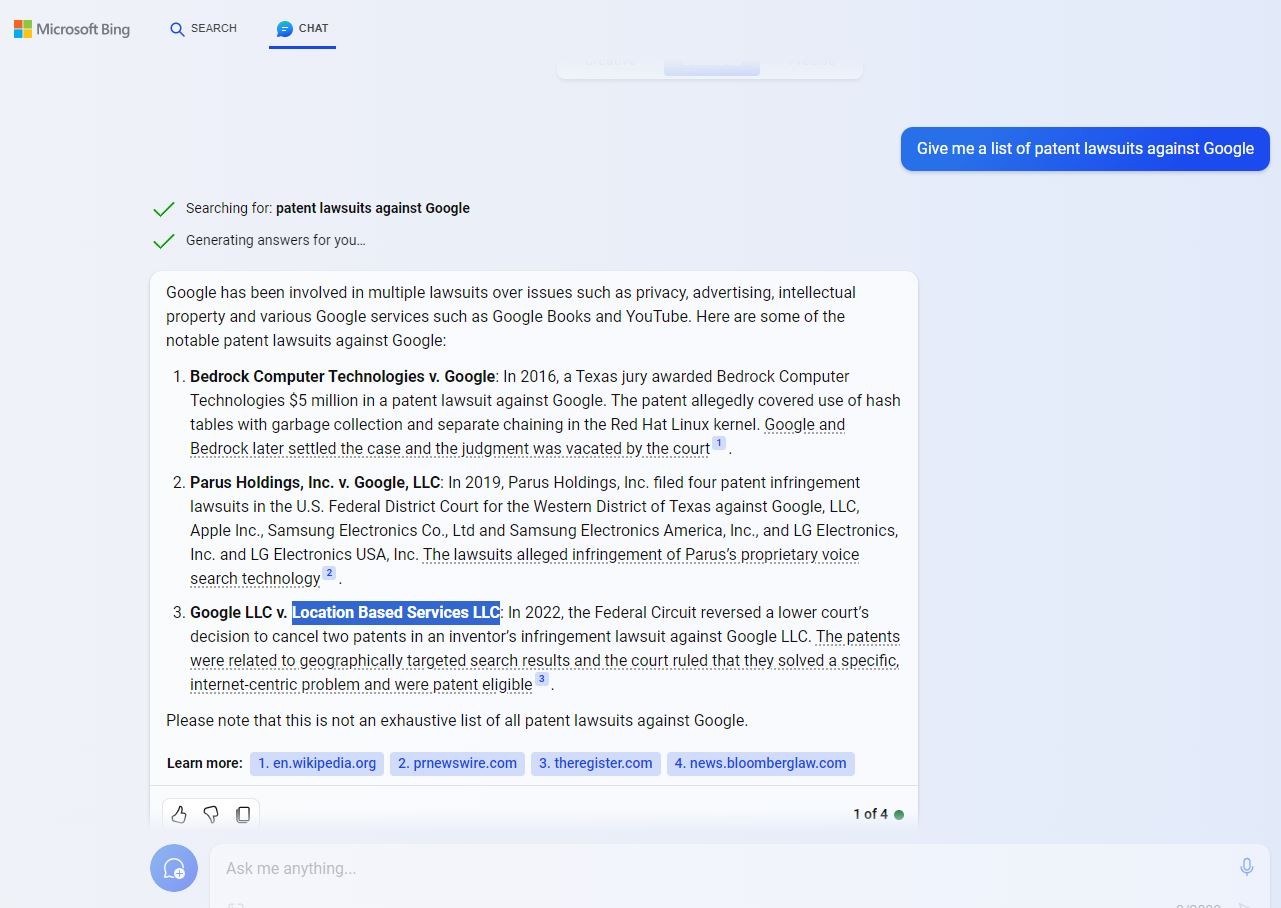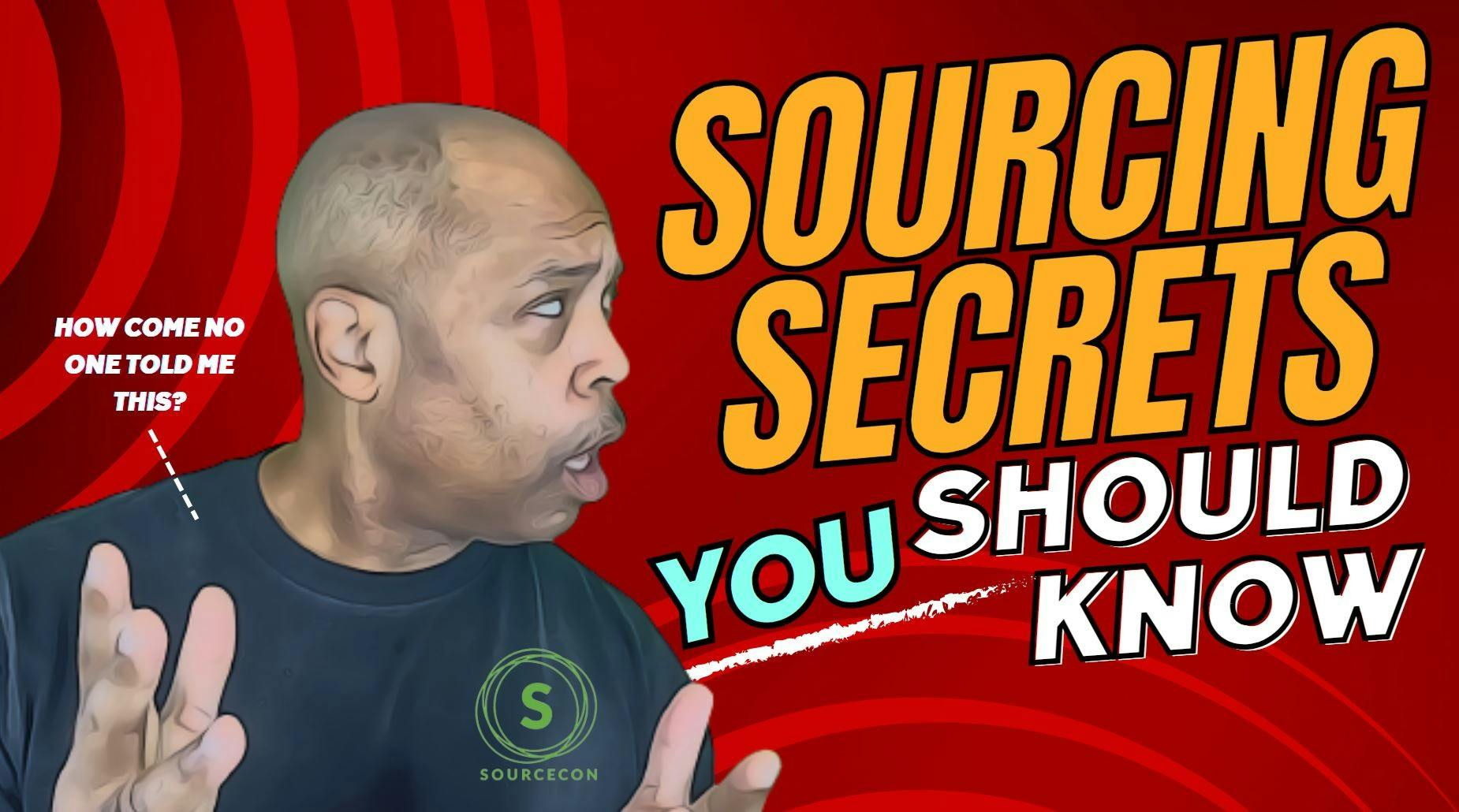Okay, so I was today years old when I found out about Masimo – a medical technology company. I read about their years-long patent fight with Apple on The Hustle. Here’s a synopsis for the TLDR set.
Apple is locked in a years-long patent fight with a medical technology company called Masimo. This October, Masimo won a critical ruling from the International Trade Commission, and Apple had lost. The result produced an import ban on several recent models of Apple watches, effective December 26, throwing the future of the Apple Watch, worth an estimated ~$14B to $18B, into question. The World Intellectual Property Organization defines a patent as an exclusive right granted for an invention, which is a product or a process that provides, in general, a new way of doing something, or offers a new technical solution to a problem.
As I scanned over the article (sorry, I was multi-tasking) a segment of the article jumped out at me. This one is a quote.
Despite the thousands of patents awarded every year, cases where major companies sue each other or mount ITC challenges over patents are rare, which is partly what makes one like this fascinating, according to Jonathan Stroud, general counsel for Unified Patents, a patent advocacy organization based in Washington.
Maybe its because the guy they quoted shared my name (no relation) or maybe it was because of the rarity of ITC challenges. Whatever the reason, a little light bulb popped off in my head. If one company is suing another company over similar technology then, chances are the software engineers at both companies are similarly skilled. And if that’s true, why wouldn’t one company target the other for its talent? Hmm…
A quick LinkedIn search returned 102 Software Engineers at Masimo. I think that’s interesting because if I were sourcing talent for Apple, I likely would not have thought of seeking talent at a medical tech company. I probably would have thought of the usual silicon valley suspects like Microsoft or Amazon and completely ignored this hidden treasure. Or, maybe this is a strategy every other recruiter has been utilizing for decades. Its possible. Harvard Business Review published “Big Tech Has a Patent Violation Problem” and in it, they said this…
For years, major American tech companies have complained about the threat of intellectual property theft. The U.S. government has projected that Chinese companies flouting IP protections costs the American economy as much as $600 billion every year. But this problem of companies ignoring patents and other IP protections isn’t just a cross-border issue — there’s a similar issue right here in the U.S. If major tech companies seem less concerned about IP violations closer to home, that might be because in these cases they’re often the perpetrators, not the victims.
For example, in January, the United States International Trade Commission, a quasi-judicial body that oversees trade enforcement matters, found that Google infringed on multiple patents held by the speaker maker Sonos. The commission gave Google 60 days to implement software updates to remove the stolen technology or else face a ban from importing a range of its products — including its Google Home smart speakers and Pixel phone — and selling them here in America. Google complied, at the cost of removing features and reducing the functionality of the products.
This was just one in a string of similar legal defeats that Google has suffered.
Hmm… When I head over to Bing and ask its AI to give me a list of patent lawsuits against Google, I learned that companies involved included:
- Bedrock Computer Technologies
- Parus Holdings, Inc.
- Location Based Services LLC
Companies I had never heard of before are now companies of interest because, if their tech is good enough to be in a patent lawsuit with Google, they likely have talent I may want to poach. Make sense?

Do you think this is a cool way of finding hidden talent? I do. So much so, I took it a step further and asked Bing’s AI, “Is there a search engine for finding tech patent lawsuits?” and it replied with this information…
Yes, there are several search engines that can help you find tech patent lawsuits. Here are some of the popular ones:
- RPX Insight: RPX Insight provides a patent litigation search engine that includes US’s District Court, PTAB, ITC, and Federal Circuit, with China’s People’s and IP Court and PRB cases with advanced search options like jurisdictions type, plaintiffs, defendants, patent owners, market sectors, case status, etc1.
- Justia Dockets & Filings: Justia Dockets & Filings provides public litigation records from the federal appellate and district courts. They have a dedicated section for patent cases, dockets and filings 2.
- AI Litigation Database: The AI Litigation Database presents information about ongoing and completed litigation involving artificial intelligence, including machine learning. It covers cases from complaint forward – as soon as they learn of them – whether or not they generate published decisions 3.
I am very curious. How many of you have targeted companies this way? If you have, what has been your experience? Inquiring minds, like mine, would like to know.
See you at SourceCon!
Jim
